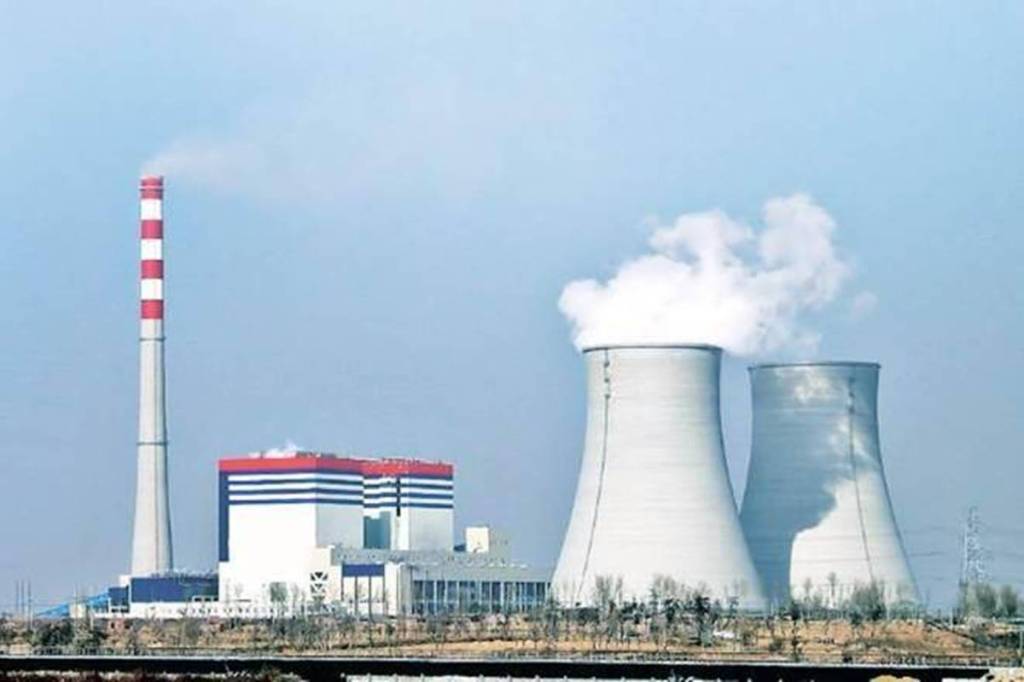By Rohit Manglik,
One of the most crucial fields of science is the study of heat, also referred to as Thermodynamics. The laws of thermodynamics govern the most fundamental aspects of our universe, and thus its applications extend to almost all technological fields. Any system that wants to work at the highest possible efficiency needs to manage energy consumption within the system smartly.
Thermal engineering deals with the design of machines that minimise the heat produced in industrial processes to minimise the energy loss in the processes. These cooling systems should be cost-effective, compact and efficiently utilised with maximum performance. As cooling systems are used in most advanced systems and machines, thermal engineers apply thermodynamics to the design of machines and processes in different industries.
Often for this purpose, organisations hire professionals who are well-versed with the intricacies of Thermodynamics and can communicate complex scientific processes with someone not hailing from a scientific background. Such professionals are known as Thermal Engineers.
The role of a thermal engineer involves designing machines to minimise the heat produced in the industrial processes to ensure judicious use of energy. They are also responsible for overseeing every aspect of heat generation by developing and testing electronic systems and analysing their project reports.
Basic Eligibility:
One should have a passion and aptitude for science to pursue a career in Thermal Engineering from an early age as this field demands technical expertise. The basic eligibility is Intermediate (10+2) in the Science stream. One can begin the journey through Bachelor in Mechanical Engineering (B.Tech/B.E.) or related fields such as Industrial Engineering, Manufacturing Engineering and Chemical Engineering.
Curriculum:
The curriculum focuses on Physics and specifically Thermodynamics as the main field of study.
Other areas of study in your Post Graduation may include the following subjects:
Metrology and Quality Assurance
Thermal Science
Production Technology
Industrial Training
Cryogenics
Fluid mechanics
Machine drawing
Automobile Engineering
Renewable Energy Resources
Uses:
Thermal engineering is integral to the design of almost any machine. Mechanical elements and electric circuits generate heat during operation, which can often threaten the device. The cooling mechanism helps regulate the machine’s internal temperature. Thermal engineering principles are applied in many areas, including thermal power plants, electric and electronic appliances, automobiles, the heating, ventilation, and air conditioning (HVAC) systems, aircraft propulsion, etc.
Scope:
Some of the job roles in thermal engineering are as follows-
Piping Designer– A piping designer creates and checks systems and plans CAD documents or drawings in conformance with project particulars, the extent of work, plan boundaries, codes, and industry needs, all weighed basically against the intricacy of the gear and channelling. The duties of a piping engineer include surveying project particulars, regulatory and specialised practices, plan guidelines, plot plan, stream outlines, and provider data and much more.
Thermal Safety Officer– A thermal safety officer screens work environment regulations to guarantee that the workforce agrees to organisation approaches and safety guidelines set by the government. However, thermal safety officers typically have responsibilities relating to strategy improvement, safety reviews, security guidelines, precautions, and consistency with the previously set safety procedures.
Thermal Design Engineer– The profile of a thermal design engineer incorporates developing new plans, giving strategic direction on identifying and resolving thermal system issues, supporting Research and Development(R&D) efforts and testing the existing thermal systems. This profile requires an educational background and practical experience in thermodynamics and ideas of liquid dynamics.
Industry:
Companies manufacturing heat exchange-based appliances, like refrigerators, air conditioners, heaters, and radiators, etc., often require thermal engineers, such as
Electrical Appliance Industry
Automobile Industry
Hydroelectric Powerplants
Nuclear Powerplants
Solar Powerplants
Thermal Powerplants
Oil Exploration and Refining
Space Research Industry
Technical Universities
The discourse on sustainability and energy efficiency augur well for prospects in thermal engineering. Moreover, the interplay of new-age technologies such as Artificial Intelligence, Machine Learning, Big Data, etc., push by the government and initiatives by private companies present an exciting time for advancements in the field of thermal engineering.
(The author is CEO, EduGorilla. Views expressed are personal and do not reflect the official position or policy of the Financial Express Online.)

